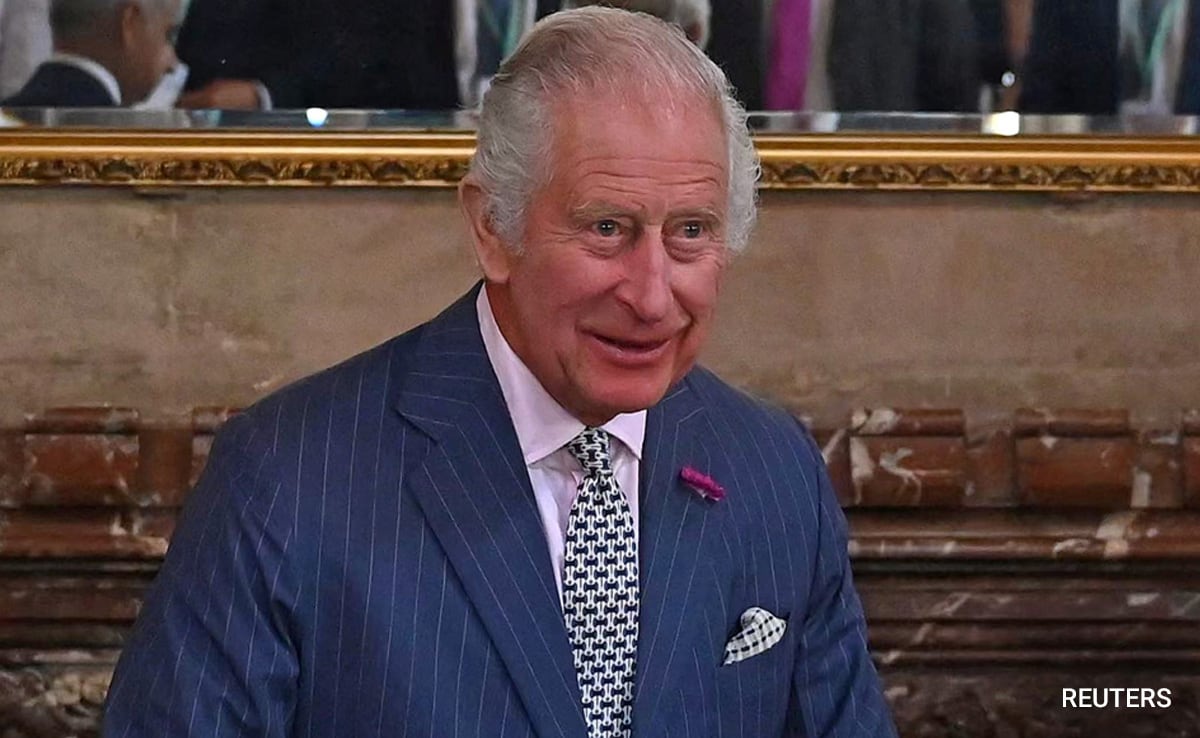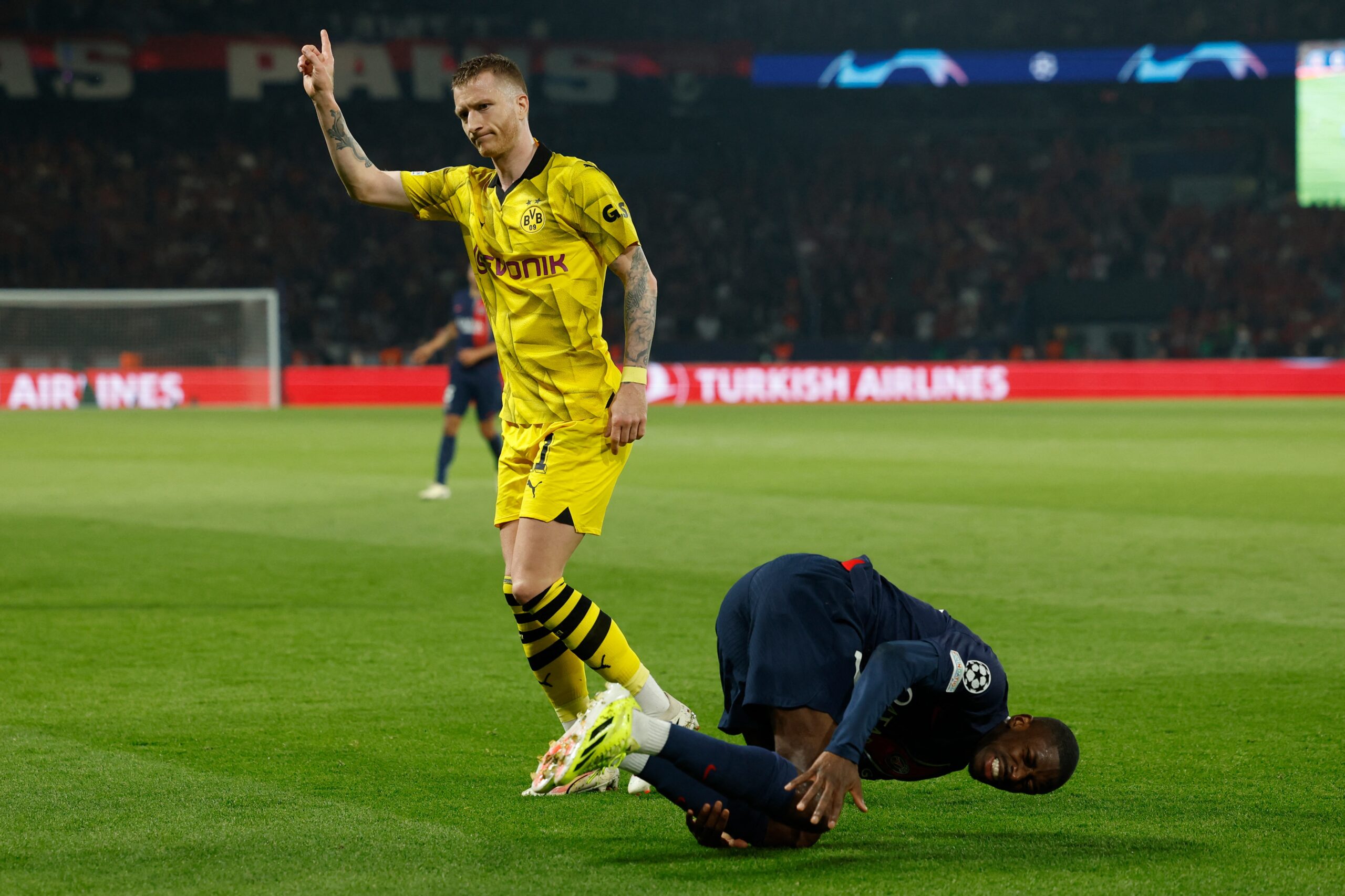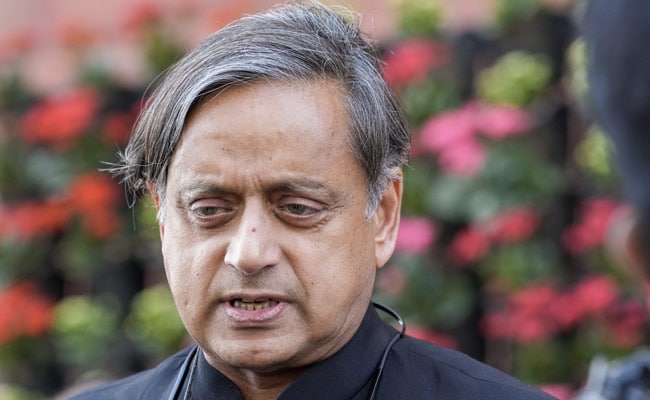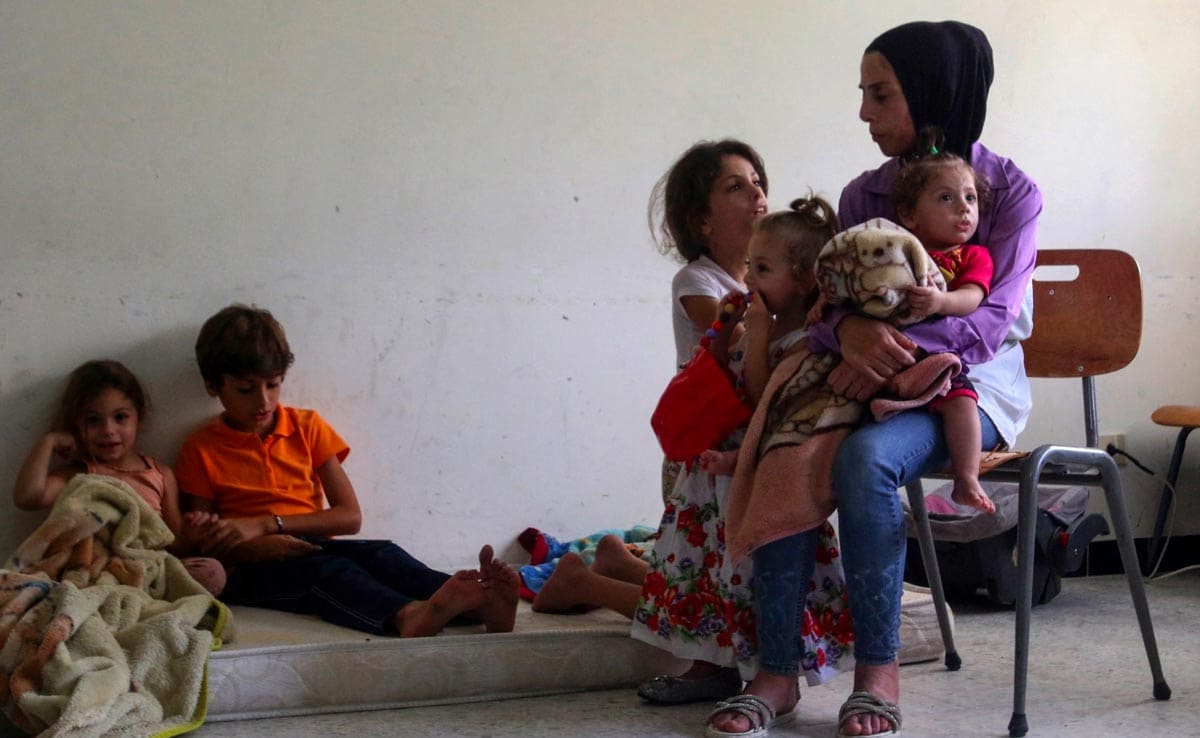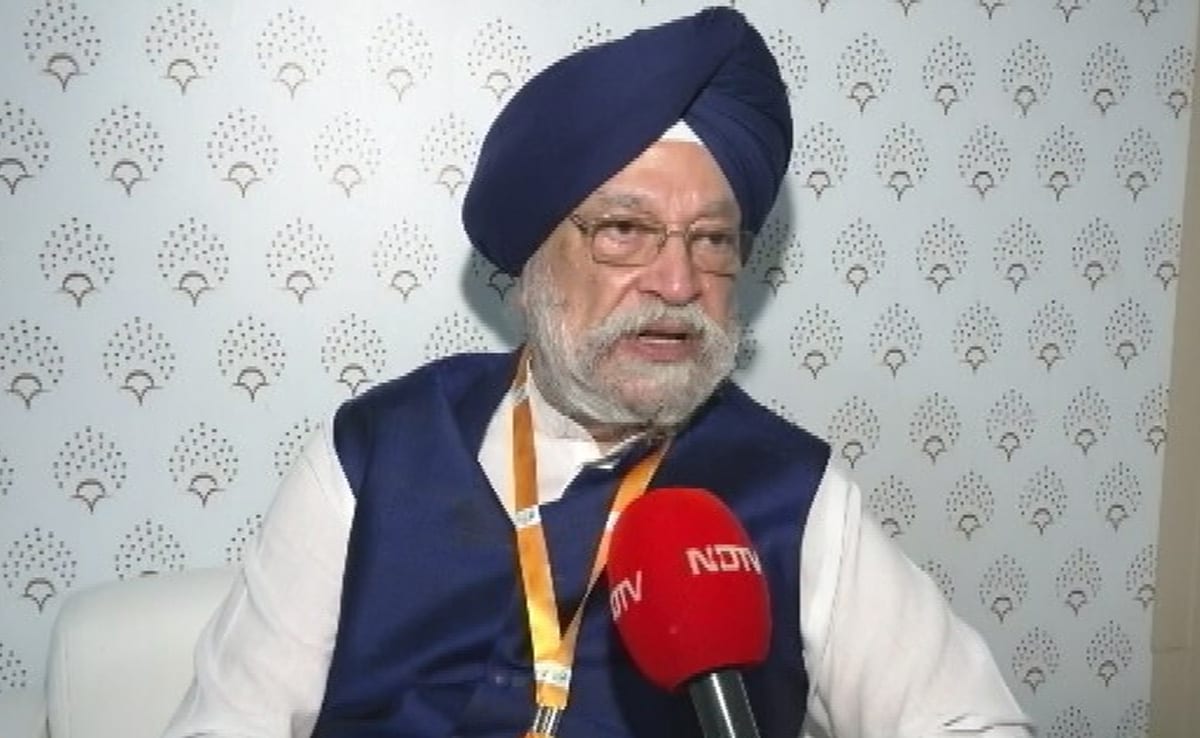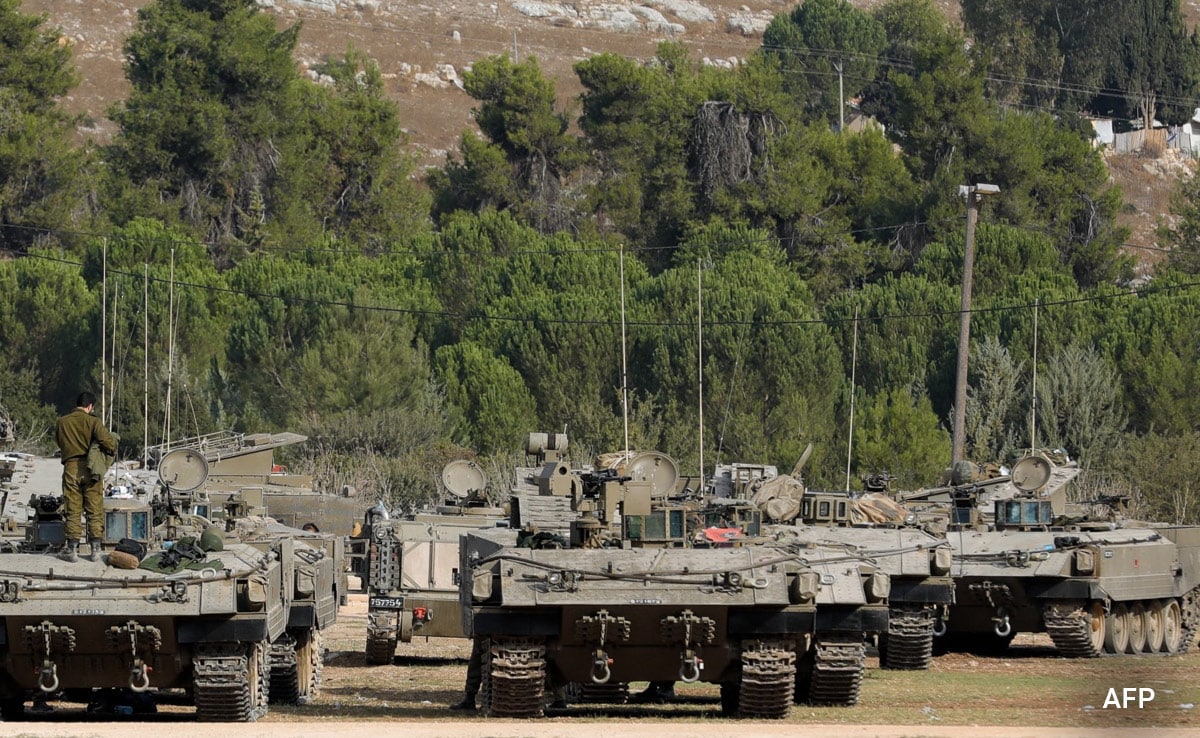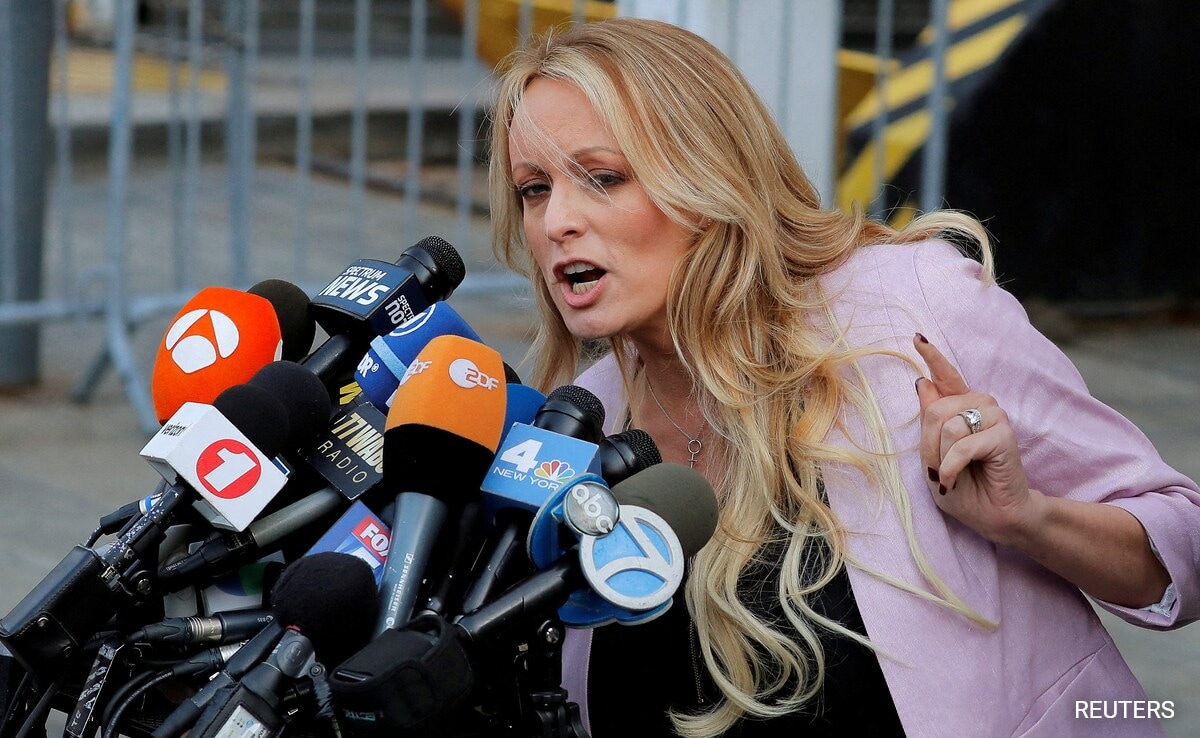Shashi Tharoor called it a “proud moment” for India.
New Delhi:
Congress leader Shashi Tharoor on Saturday praised India’s G20 Sherpa Amitabh Kant for “negotiations” with China and Russia to reach consensus on a joint communique from G20 leaders on the bloc’s stance on Ukraine war. Taking to his official X (formerly known as Twitter) account, the Lok Sabha MP from Kerala said that it is a “proud moment” for India at G20.
“Well done Amitabh Kant! Looks lile (sic) the IFS lost an ace diplomat when you opted for the IAS,” Mr Tharoor said, and tagged an NDTV article on Mr Kant.
Well done @amitabhk87! Looks lile the IFS lost an ace diplomat when you opted for the IAS! “Negotiated with Russia, China, only last night got final draft,” says India’s G20 Sherpa on ‘Delhi Declaration’ consensus.
A proud moment for India at G20! https://t.co/9M0ki7appY— Shashi Tharoor (@ShashiTharoor) September 9, 2023
Earlier on Saturday, Mr Kant, a 1980-batch IAS officer of Kerala Cadre, spoke to NDTV and said that nearly 200 hours of “nonstop negotiations” were needed to ensure a joint communique from G20 leaders divided over the group’s stance on Russia’s war on Ukraine. He said the declaration was the result of multiple rounds of talks – from discussions with developing economies about the war’s economic impact to bilateral meets with Russia and China – and that consensus was only reached late Friday night.
Mr Kant, a former Niti Aayog head, also stated that the key was “working in partnership with sherpas” and that it was a joint effort of emerging markets – led by India, Brazil, South Africa and Indonesia, and later Mexico, Turkey and Saudi Arabia – that brought pressure to bear on G7 nations and brought them to the table.
“(There were) close to 200 hours of nonstop negotiations… the Bali paragraph had broken down and we were struggling for nine months. Then, in one meeting, I took a plain screen and scribbled 15 basic principles we needed to follow. All sherpas then joined in and gave their perspectives,” India’s G20 Sherpa said.
“Based on this, we created a first draft… nobody really expected we would arrive at a consensus. The first draft triggered a number of reactions… people were pessimistic that we could every arrive at a consensus on Russia and Ukraine because multilateral forums across the world had failed to do so,” he added.
“From the first draft we went to a second… and a third. After that, I think what helped were bilateral meets with each country,” Mr Kant told NDTV.
“Important thing was to draw each nation’s red lines,” he said.
Waiting for response to load…




